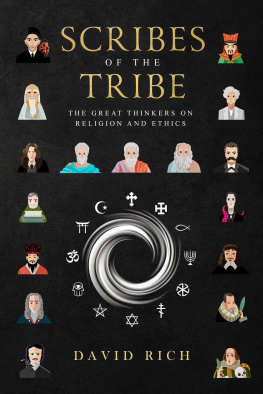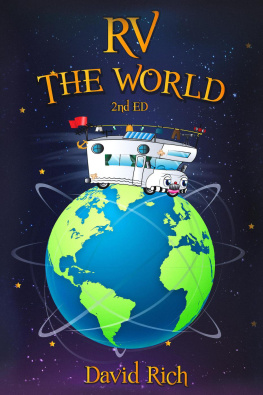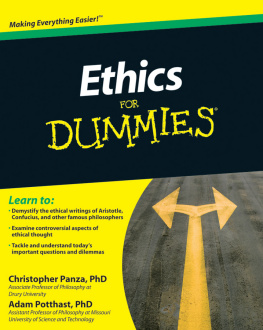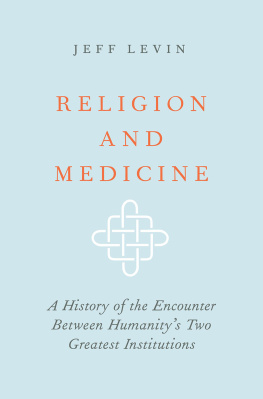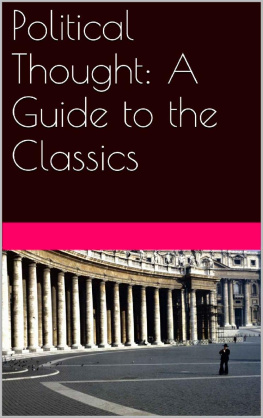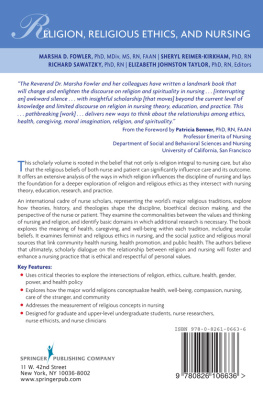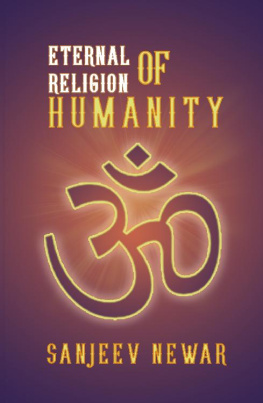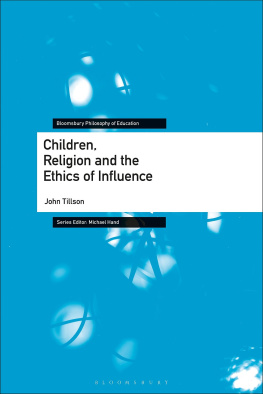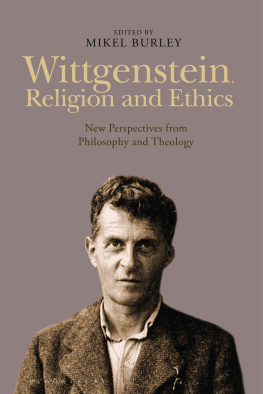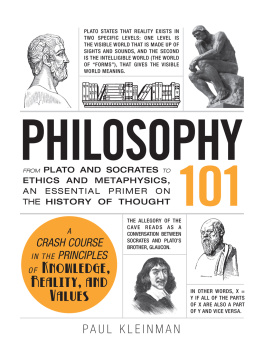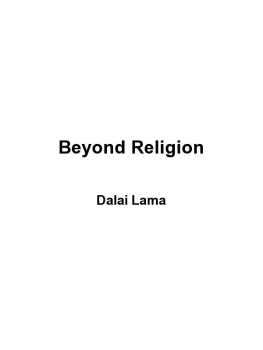SCRIBES OF THE TRIBE
The Great Thinkers on Religion and Ethics
____________________________
DAVID RICH
Scribes of the Tribe: The Great Thinkers on Religion and Ethics, copyright 2019 by David Rich
ISBN 978-1-7322534-6-9
All rights reserved.
Excerpts from The Great Thoughts by George Seldes, compilation copyright 1985 by George Seldes.
Also by David Rich:
Sail the World? An Absurdly True Story, Prequel to RV the World
RV the World, 2nd Edition
Myths of the Tribe - When Religion and Ethics Diverge
The ISIS Affair - Putting the Fun Back in Fundamentalism
Antelopes - A Modern Gullivers Travels
Table of Contents
P erhaps an editor might begin a reformation in some such way as this. Divide his paper into four chapters, heading the 1st, Truths. 2d, Probabilities. 3d, Possibilities. 4th, Lies. The first chapter would be very short.
Thomas Jefferson
Religion has an enormous impact on our lives, whether were religious or not. Daily we decide, with Jeffersonian logic, what probably should be done, what probably shouldnt be done, and what should almost never be done. Sometimes were right, sometimes were wrong, and sometimes we know the difference. My Baptist parents had their own answers, and to them these answers were crystal clear, undeniable, and irrefutable.
There are literally thousands of religions in the world4,300 by one estimationeach one of them considered infallible by its members. As children, we are brought up by our parents, teachers, religious leaders, and schools to believe without question that our particular religion is the best in the world, in fact the only true one on the planet. All other religions are inferior. However, if we as a species cant agree on one ethical value, then humankind is effectively devoid of an ethical core.
Years ago, I became friends with a Catholic lay brother. Besides leading his own parish, Tom was an accomplished economist who oversaw the investment of billions of dollars for a large retirement system. Every month for a year we had dinner, and during that time, Tom kindly provided me with an education in the history of religions and how they relate to current doctrine. The ideas that we discussed eventually led to my book Myths of the Tribe: When Religion and Ethics Diverge. (First published by Prometheus Books in 1993, the book was revised in 2019.)
I had just finished writing Myths of the Tribe when I discovered a book called The Great Thoughts, by George Seldes, the original edition of which was published by Ballantine Books in 1985. I was drawn to the book by its cover, which described it as a compilation of quotations from Abelard to Zola, from Ancient Greece to contemporary America. The book comprises the ideas that have shaped the history of the world, ideas that continue in central importance today. Impressive. I was particularly attracted by the quotations on religion and ethics, subjects that have fascinated me for decades.
The Great Thoughts is arranged alphabetically by author. Leafing through it, I was convinced the book would be more practical and interesting if humanitys great thoughts were organized in a coherent manner. I bought the book and excerpted the quotes relating to religion (immortality and spiritual beliefs) and ethics (good and evil), arranging them in an intelligible order as a practical guide for the species (excluding thirty-two quotes prevented from use by copyright). They are interspersed here with the discourse on religion and ethics that resulted from my dinners with Tom.
A primary purpose of philosophy is to spur thought and debate from which we can decide whether we have one or more principles in common. Fortunately, one universal ethical value, though often observed in the lurch, has been clearly identified by our great philosophers, and well get to that early on. But truth depends on our ability to be objective, and no one can be completely objective. Accordingly, Tom provides a counterargument to my end of the discussion where he deems it necessary.
In a lifetime of travel, during which Ive visited and lived in an RV in most of the countries in the world, Ive observed many religions close up. My experience has taught me that human beings, for all their differences, are essentially identical, connected by the common wisdom of our great thinkers.
The Origins and Efficacy of Religion
I f we go back to the beginning we shall find that ignorance and fear created the gods, that fancy, enthusiasm, or deceit adorned or disfigured them; that weakness worships them; that credulity preserves them and that custom, respect, and tyranny support them in order to make the blindness of man serve its own interests.... All religious notions are uniformly founded on authority; all the religions of the world forbid examination, and are not disposed that men should reason upon them.
Paul Henri Thiry Baron DHolbach
D Holbach was a radical and wealthy philosopher with great influence on Goethe and Shelley, but was savaged by Voltaire. He was guillotined in 1789.
A great fear, when it is ill-managed, is the parent of superstition, but a discrete and well-guided fear produces religion.
Bishop Jeremy Taylor
Charles I doted on Bishop Taylor, by royal decree making him a doctor of divinity in 1643; by 1650 Taylor was writing popular devotional handbooks that sold well for over a century.
Philosophers agree that the idea of a god or gods sprang from the hopes and fears of our ancestors, no matter the religion and no matter who our ancestors were. Fourteen philosophers are quoted in The Great Thoughts on the subject of fear and hope in connection with the origins of religion. They include Spinoza, Sophocles, Butler, and Montesquieu. All sided with DHolbach, suggesting that fear made us invent our gods. Only Bishop Taylor concluded that fear could be discrete and well-guided to create religion as a positive force.
What can we conclude from the fact that almost all philosophers believe gods neither predated nor created us but were invented to counter our fear of death and the unknown? The dread of death is our strongest emotion, heartier than love, sex, or hate. Our strongest passion requires our strongest response. No response could be stronger than the creation or recognition of a god to which we must eternally genuflect to earn an exemption from oblivion. Tom, my Catholic brother friend, says bowing down is a small part of it; God must have created us, because we surely didnt create ourselves. Darwin is not to the contrary. The characteristics of the poorest god would include the ability to guide evolution, though, until recently, religion didnt think of this explanation. Now many religions embrace evolution as the plan of their particular god, no matter which god out of our thousands of religions.
Next page
